Resolution 72-NQ/TW of the Politburo focuses on breakthrough solutions to improve people's health, aiming for an average life expectancy of 77.5 years and a minimum of 68 years of healthy life by 2030 and 71 years by 2045. The issue of regular income and social security for the elderly therefore becomes urgent.

Vietnam is rapidly becoming an aging society, with the proportion of people over 60 expected to reach 20% by 2036 and potentially 25% by 2050, posing significant challenges to the social welfare and health care systems. A new model of elderly care, similar to adult day care centers, is being seen as the ideal model to help the elderly not feel lonely in old age when relatives go to work or school.
At the discussion "The other side of life's slope" organized by Health+ Magazine on November 27, experts made suggestions to soon realize the goals of caring for the elderly, especially the goal of "building a health culture among the people" and the model of "health care center, anti-loneliness for the elderly" that General Secretary To Lam was interested in and mentioned when implementing Resolution 72-NQ/TW of the Politburo.
In recent years, the average life expectancy of Vietnamese people has increased, but the number of healthy years has decreased. On average, a 60-year-old person has 3-4 diseases, a person over 80 can have up to 7 diseases, mainly respiratory problems, metabolism, dementia. An elderly person in Vietnam on average endures the last 14 years of life with many diseases. This is not only a burden on the family, the health system but also reduces the quality of life of the elderly.
According to K Hospital, the rate of people who discover cancer in the late stages is still high. Many people have the mentality of only going to the doctor when symptoms appear, and have not formed the habit of regular health check-ups or screening. Therefore, many people with cancer are only discovered in the late stages.
Resolution 72 shifts from passive to proactive health care by prioritizing disease prevention and health promotion, instead of focusing only on treatment. The goal is to focus on disease prevention, and people are given regular health check-ups and free annual screening. At the National Conference to disseminate and implement the 4 Resolutions of the Politburo, General Secretary To Lam suggested building a model of a day-time nursing home with the form of "cars taking you there in the morning and cars picking you up in the afternoon". This is an "anti-loneliness" solution for the elderly, but the implementation progress is still slow despite being mentioned many times.
Dr. Hoang Phong Ha, former Acting Director - Editor-in-Chief of the National Political Publishing House, shared that the traditional Vietnamese culture of extended families living together is deeply ingrained in the subconscious, making the concept of nursing homes less popular than in history. A concern has been raised about the lack of freedom and social interaction for the elderly in current nursing homes, indicating the need for further research and improvement of services to meet the needs of the elderly in Vietnam.
He shared his experience studying nursing homes in Ho Chi Minh City and argued that desirable options were too expensive, and more affordable options did not meet expectations, highlighting the need for personalized care. Dr. Hoang Phong Ha cited Singapore’s approach to public housing as a good model, in which each building is required to have a floor dedicated to the elderly, allowing them to socialize during the day and return to their families in the evening.

Associate Professor Dr. Le Van Truyen, former Deputy Minister of Health, said that the costs at nursing homes are too expensive, while affordable facilities do not meet expectations. Meanwhile, Dr. and journalist Tran Ngoc Chau, Senior Advisor of Forbes Vietnam; former Editor-in-Chief - Director of FBNC Television, said that currently, nursing homes in Vietnam often do not classify residents based on economic status and severity of illness, leading to mixed living arrangements.
A major problem is the lack of proper training and compassion of caregivers, which is exacerbated by low wages, unlike in Japan where higher wages attract better staff. Therefore, the quality of nursing home services and the concept of “medical ethics” are important issues that need to be addressed.
According to Prof. Dr. Trinh Quan Huan, former Deputy Minister of Health, preventive health care is very important to achieve healthy aging goals, but the budget allocated for preventive medicine, expected to be 30% of the health care budget, has not been met, often only reaching 20-28%. Therefore, he proposed that there should be clear, specific and effective action plans, with accountability for individuals and tasks, to ensure that preventive health care develops strongly and achieves healthy aging goals.
The Ministry of Health is submitting to the National Assembly a draft Population Law, which includes two new types: Day care facilities for the elderly and boarding care facilities for the elderly. This is considered a model suitable for the current social conditions in Vietnam. The day care model allows the elderly to come to the center to have their health monitored, eat, exercise, socialize, receive rehabilitation, and return home in the evening.
The boarding model is more flexible, allowing overnight stays when necessary, helping to reduce the burden on families while still ensuring professional care. In particular, to develop the nursing home model, the draft also proposes support policies, encouraging organizations and individuals to invest and will receive incentives on land, taxes and credit.
Dr. Hoang Phong Ha believes that the role of the Party and the State, especially the health sector, is to evaluate the care of the elderly in different areas, thereby improving the nursing home system and developing specialized geriatric nurses. This will help quickly form a modern and sustainable network of elderly care services.
Source: https://cand.com.vn/doi-song/tim-giai-phap-thich-ung-khi-gia-hoa-dan-so-dang-tang-nhanh-i789462/














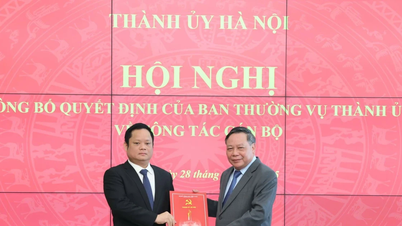







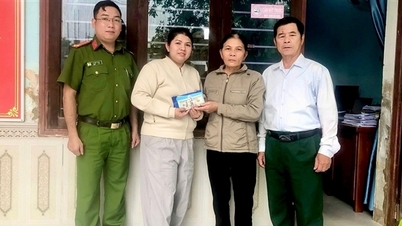


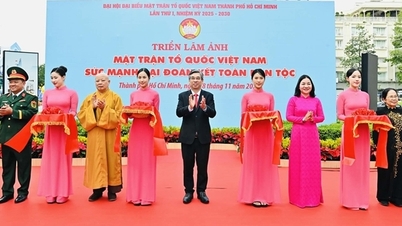























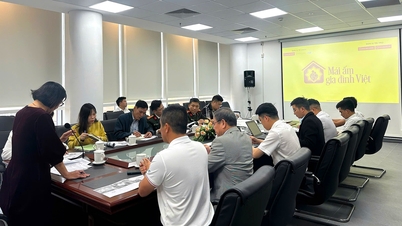



















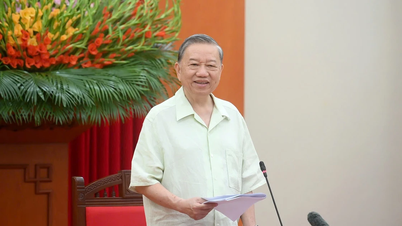

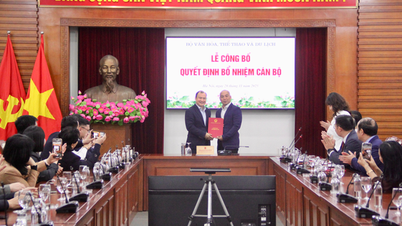












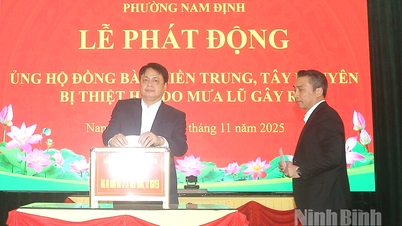



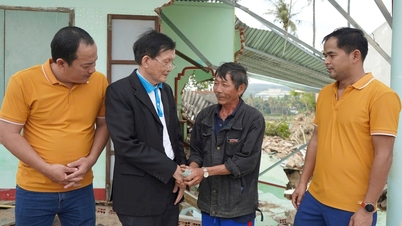












Comment (0)